Are you one of those photographers who asks other photographers what their camera settings were when they took a shot you really like? Try not to do that in future, especially around Tony Northrup! In this video, Northrup explains why asking for his camera settings frustrates him and does you no good whatsoever:

Back in the early days of film photography, settings meant everything in order to get correct exposure. Nowadays they aren’t so important, especially if you shoot RAW and fix your photos up in post-processing.
Beginner photographers constantly ask Northrup what settings he used on some of his most popular images. But every shot has a detailed back story; it’s clear that he spent a lot of time and dedication preparing for each shoot.
What he had his camera set at for each one is irrelevant. The important details are in all the months of planning and visiting the places where he took the images before he even set up to take a photo.
He learned everything he could about his subject and the light conditions there, and then one day everything was just aligned right for him to take the shot. Knowing his settings will not get you the same image he did; there are so many other factors that are important.
Composition, art, planning and light are also necessary ingredients to make a great shot. You need to know when to raise your ISO or change your shutter speed, and you can only do that by knowing your camera gear and practicing.
Note in the information underneath the video that Northrup tries to clarify things further. He’s not trying to say that you shouldn’t learn to understand camera settings, or that they don’t matter. What he’s saying is that knowing someone else’s camera settings won’t help you, because you won’t have the same light or circumstances they did, and you probably don’t have exactly the same gear they do either.
What’s your opinion? Is it helpful to know someone else’s camera settings?
“You can’t just learn people’s EXIF data and get any useful information out of that; it’s almost always useless.”
Like This Article?
Don't Miss The Next One!
Join over 100,000 photographers of all experience levels who receive our free photography tips and articles to stay current:
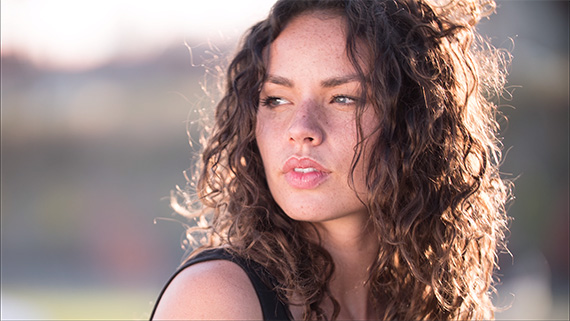
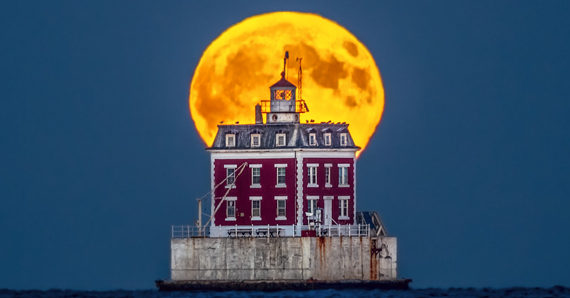


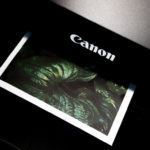
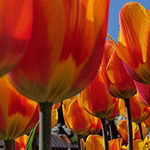

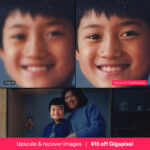
While there’s a lot of photos that are so manipulated that they could have come from several different initial settings (and even multiple initial images), I would wager the vast majority of photos are still a single exposure and dependent on the camera settings. We all know that getting it right in front of the camera is preferable to “fixing it” in post-process.
Sure, getting to know the ospreys and which way the wind blows helped to to get the osprey in frame, but all that would have been useless if you had too slow of a shutter speed or the wrong lens (too wide, boring photo; too long, might not get the bird in frame at all). Knowing your shutter speed and lens helps me in my attempts to shoot birds in action. Knowing how long you spent figuring out osprey behavior and weather patterns of your photo doesn’t, because I’m not shooting ospreys and I’m in a totally different location. EXIF data is useful, your account of the preparatory work for shooting it, not so much.
Portrait with a lot of bokeh. Again, your EXIF data is useful (how much aperture on what lens to get that bokeh?), because I can see when I’d be in a similar lighting situation and could at least use your settings as a starting point.
The six years you spent learning Spanish and hours you spent getting to Macchu Pichu? That may be of interest if ou’re looking at a photography BUSINESS and trying to figure out what your ROI is on a particular assignment (even self-assigned), but has NOTHING to so with actual photography skills. There are plenty of people who could have gotten to that mountain more efficiently than you, only to be unable to take a half-decent picture to save their lives.
You’ve got a system where you can let your metering skills can degrade. Me, I’m still very close to film logic. Only one of my lenses will auto-meter, and none of them auto-focus. My favorite subject is night street life, and my D60 GROSSLY overexposes any night scenes if I’m out of pure manual. (Most of the settings don’t allow me to adjust exposure, and even those that do, I can’t adjust the exposure enough.) And many of these are scenes that my old FG nailed. (So much for advancing technology.)
I disagree to a certain extent. They examples you it was all in the planning, the who you knew, etc, etc. But some times for certain pictures where the light seems magical, the settings matter. There are different ways of getting the ‘right exposure’ but getting the magic matters; did you use exposure priority, shutter priority or what.
Getting it right is not everything, planning and people are not everything.
I usually will have determined what I think are settings that will get me what I want but appreciate hearing others’ views as it confirms for me that I’m in the right ballpark. I’m not trying to recreate their photo, but value their thought process to increase my learning. I feel like he is belittling those of us trying to learn from a master’s experience.